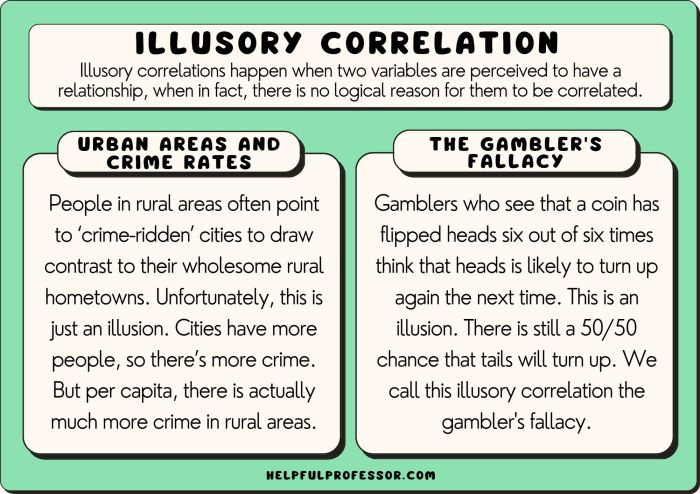Examples of illusory promises include a myriad of deceptive statements that create false expectations and manipulate individuals. These promises often lack substance and are used to gain an advantage or control over others. Understanding the characteristics and impact of illusory promises is crucial for safeguarding oneself and fostering healthy relationships.
Illusory promises are characterized by their ambiguity, lack of specificity, and unrealistic nature. They often involve grand gestures or promises of future rewards that are unlikely to materialize. The promisor may intentionally or unintentionally create a false sense of hope or obligation in the promisee.
1. Illusory Promises

Illusory promises are promises that are made with no intention of being kept. They are often used to manipulate people into doing something that they would not otherwise do. Illusory promises can be very harmful, as they can lead to people feeling betrayed, angry, and resentful.
Characteristics of Illusory Promises, Examples of illusory promises include
- They are often vague and general.
- They are often made by people who are in a position of power or authority.
- They are often made with the intention of getting something from the person to whom they are made.
How Illusory Promises Can Be Used to Manipulate People
- They can be used to get people to do things that they do not want to do.
- They can be used to control people.
- They can be used to exploit people.
2. Examples of Illusory Promises

Real-World Examples of Illusory Promises
- A politician who promises to lower taxes but does not.
- A boss who promises to give an employee a raise but does not.
- A friend who promises to help you move but does not.
Table of Examples of Illusory Promises
| Type of Promise | Promisor | Promisee | Outcome |
|---|---|---|---|
| Political promise | Politician | Voters | Promise not kept |
| Employment promise | Boss | Employee | Promise not kept |
| Friendship promise | Friend | Friend | Promise not kept |
3. The Impact of Illusory Promises: Examples Of Illusory Promises Include

Psychological Impact of Illusory Promises on Individuals
- They can lead to feelings of betrayal, anger, and resentment.
- They can damage self-esteem.
- They can lead to trust issues.
How Illusory Promises Can Damage Relationships
- They can lead to conflict and arguments.
- They can erode trust.
- They can lead to the end of a relationship.
Social Consequences of Illusory Promises
- They can damage the reputation of the person who makes them.
- They can lead to distrust of authority figures.
- They can make it difficult for people to form meaningful relationships.
4. Avoiding Illusory Promises

Red Flags That May Indicate an Illusory Promise
- The promise is vague and general.
- The promise is made by someone who is in a position of power or authority.
- The promise is made with the intention of getting something from the person to whom it is made.
How to Protect Yourself from Being Misled by Illusory Promises
- Be skeptical of promises that seem too good to be true.
- Get everything in writing.
- Talk to other people who have dealt with the person who is making the promise.
Tips for Making Realistic Promises
- Only make promises that you can keep.
- Be specific about what you are promising.
- Set a realistic timeline for fulfilling your promise.
Key Questions Answered
What are the common characteristics of illusory promises?
Illusory promises are typically vague, lack specificity, and are unrealistic in nature.
How can illusory promises be used to manipulate people?
Illusory promises can create a false sense of hope or obligation, making individuals more susceptible to manipulation.
What are the potential consequences of illusory promises?
Illusory promises can damage trust, erode relationships, and create a sense of disillusionment.
